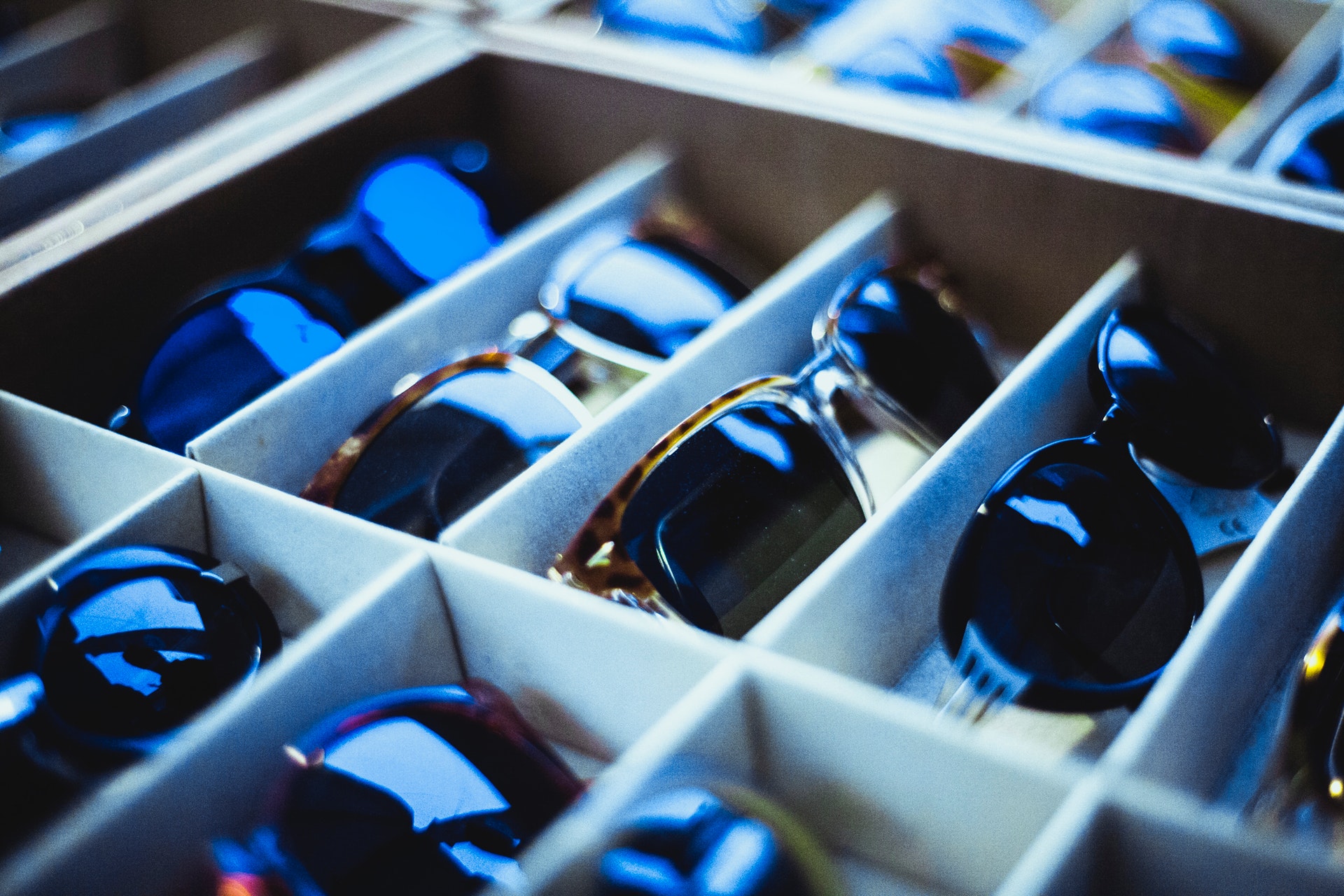Your eyes play a substantial role in your wellbeing. Protecting them is one of the most important things you can do to help sustain a quality life. Some of the primary causes of blindness and poor vision are age-connected. For instance, cataracts, glaucoma, and diabetic retinopathy, macular degeneration; however, there are simple steps you can take to keep your eyes healthy before you need to shop for glasses.
Tips on How to Protect Your Eyes
Wear sunglasses
Did you know that people with fair skin and blue eyes are at a higher risk of developing cataracts? What’s more, exposure to the harmful Ultraviolet light increases the risk of Age-Related Macular Degeneration. Choose sunglasses with both UVA and UVB protection to protect your eyes from the harmful Ultraviolet light. Sunglasses will protect your eyes from the damaging light even during snowy and cloudy days. According to a study by John Hopkins, 20% of the sun’s rays can escape through the sides of your sunglasses. Therefore, make sure to put on sunglasses that can wrap around your face.
Change your diet
You can help keep your vision healthy by making simple changes to your diet. Vitamin deficiency can damage retinal function; therefore, the belief that eating carrots help improve your eyesight has some reality in it. However, it would help if you also considered foods rich in antioxidants, for instance, Vitamins A and C, leafy green vegetables, and fish. Additionally, many meals, mainly fatty fish like salmon, have essential omega -3 fatty acids, which are very significant to the wellbeing of the macula. This is the part of the eye accountable for central vision. Omega-3 can improve ocular surface irritation and the symptoms related to ocular irritation.
Evidence has shown that eating grapes can support the health of your eyes. According to a different study, researchers showed that grapes can protect the retina against the damaging effects of oxidative stress. This is because they have higher levels of antioxidants.
Keep your weight under control
Overweight or obese people are at a higher risk of developing conditions like diabetes and other systemic disorders that can result in loss of vision. According to a study pioneered by Leeds Beckett University, substantial weight loss can probably reverse eye damage that was as a result of diabetes, obesity as well as high blood pressure. Therefore, make sure to have regular physical exams to check for high blood pressure and diabetes.
Exercise is another way of regulating your weight. Studies show that regular exercise like brusque walking can reduce the risk of age-related macular degeneration by up to 70 percent.
Learn if you are at risk for an eye problem
Does your family have a history of high blood pressure and diabetes? Make sure you know about your family’s medical history. Schedule frequent physical exams because untreated conditions like high blood pressure can lead to vision loss.
Check for warning signs of changes in your vision
See your doctor instantlwhen you start noticing any change in your vision. Some of the troubles to look out for include blurred vision, double vision, and difficulty seeing in the low light conditions. Other conditions that might need medical checkups include redness of the eyes, swelling, eye pain, frequent flashes of light, and floaters.
Look away from your computer screen
Staring at a computer or phone screen for long has various consequences, for instance;
- Dry eyes
- Headaches
- Blurry vision
- Neck, back and shoulder pain
- Eyestrain
- Difficulty focusing at a distance
Digital devices expose you to high energy blue light. They are called high energy blue light because the wavelengths emitted are near the blue part of the spectrum.
Here are some tips for protecting your eyes when using digital devices like computers;
- Blink often
- Use lubricating eye drops to relieve dry eyes
- Keep the top of your computer monitor marginally lower than your eye level
- Rest your eyes every 20 minutes. Look away for 20 feet and 20 seconds
- If you are using eyeglasses, make sure they are up to date and suitable for looking at a computer screen or any digital device
Practice work safety
If your job exposes you to hazardous or airborne materials, wear safety glasses or protective goggles. Additionally, wear protective glasses to prevent eye injuries during sports such as baseball, hockey, and other home projects like repairs, cleaning, and gardening.
Keep Your Eyes Healthy
The above tips for looking after your eyes will guarantee you a healthy vision for a long time. However, maintaining a healthy lifestyle, taking some protective measures, and regular exercises will dramatically decrease your risk of developing eye problems.



